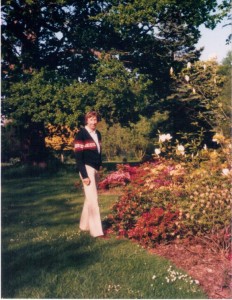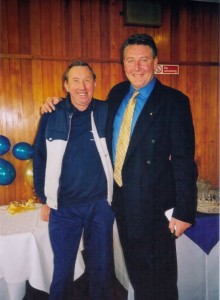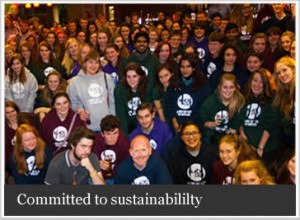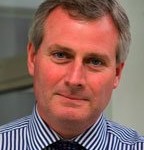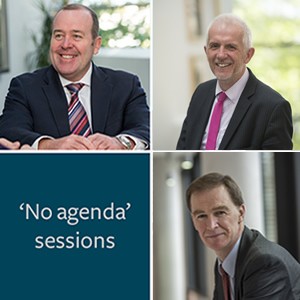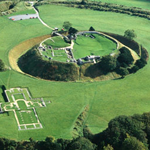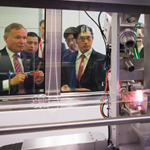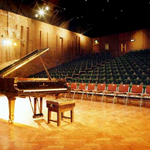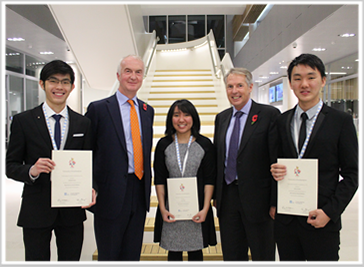Sally Hayward on the new Senior Tutor’s Forum
Following the launch of a new Senior Tutor’s Forum in January 2015, we asked the Chair, Sally Hayward, what the background was.
The Senior Tutors’ Forum developed from the original ‘Tutors and Pastoral Care Network’ which met until recently.
Its formation is directly the result of the work which was done last year by a group of academic and Professional Services colleagues and by members of SUSU under the leadership of the Academic Registrar.
This major piece of work was undertaken directly in response to the students’ recognition that the Personal Tutor system already in use widely across the University needed refreshing in order to ensure consistency of experience of this very important aspect of support for all our students.
What will this Forum offer in practical terms?
The Forum meetings will allow discussion and sharing of good practice. The sessions could be about day to day issues, such as special considerations and extension or how to support students to increase retention and whether students are becoming less resilient to deal with academic demands and/or personal difficulties.
As well as the meetings, we are establishing an e-mail discussion group and building a repository for key information. This will be based around the Personal Academic Handbook and arranging training events.
Why were you chosen as Chair and what will you bring to the initiative?
That’s an interesting question and perhaps one that those who asked me should answer! Much of the pastoral work I do is, of course, confidential and just the students and a few others might know about it.
I’ve always known the importance of seeing students as individuals that have to be relatively happy and healthy to make the most of university and their academic studies. I became Director of Student Support in Geography in order to make a contribution to this. I feel that I have achieved this in some measure because in 2013 I won the university-wide Best Academic Support SUSU Excellence in Teaching Award. I have also won other Academic Unit and Faculty awards.
When I received a Vice-Chancellor’s Teaching Award this summer, there was a spontaneous standing ovation from the students and lots of noise and cheering! I think these public, student-led expressions of recognition and appreciation have been important in demonstrating just how much the work I, and many, many others do quietly behind the scenes, really does impact on students’ lives.
What will you bring to the initiative?
I bring these achievements and recognition and nearly 25 years experience of lecturing and enabling students in Southampton to fulfil their personal and academic potential.
I also bring considerable life experience. I was very lost and homesick when I went to university, and I have and still face other challenges day to day; I think this enables me to see things realistically and honestly through the students’ eyes, and to help them find the resilience and self-belief to succeed.
What is your day job at the University?
My day to day job primarily combines teaching and pastoral care in Geography and Environment. I run induction and teach an extensive year 1 skills unit including lectures, fieldwork and small group supervisions to support students make the transition to degree level learning.
I also teach a year 3 unit called Arctic and Alpine Geomorphology and contribute to 3 other units on Physical Geography, as well as taking supervisions and supervising UG research projects .
So day to day it is lectures, tutorials, seeing students one-to-one and periodically lots of marking!
Over the last few months, having been invited to be the Faculty Senior Tutor for the Faculty of Social and Human Sciences, and then to Chair the Senior Teaching Forum, my day to day work has broadened to include more administration and meetings and the associated preparation.
What do you do when you are not working?
I spend time watching my 14 year old son Tom play sport (especially cricket) and relaxing with my dog Jake.
